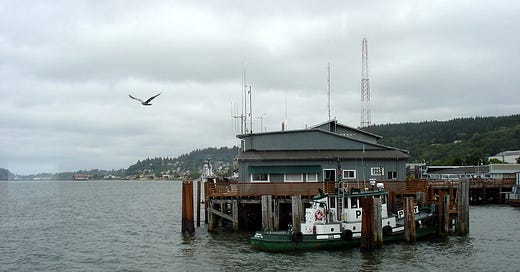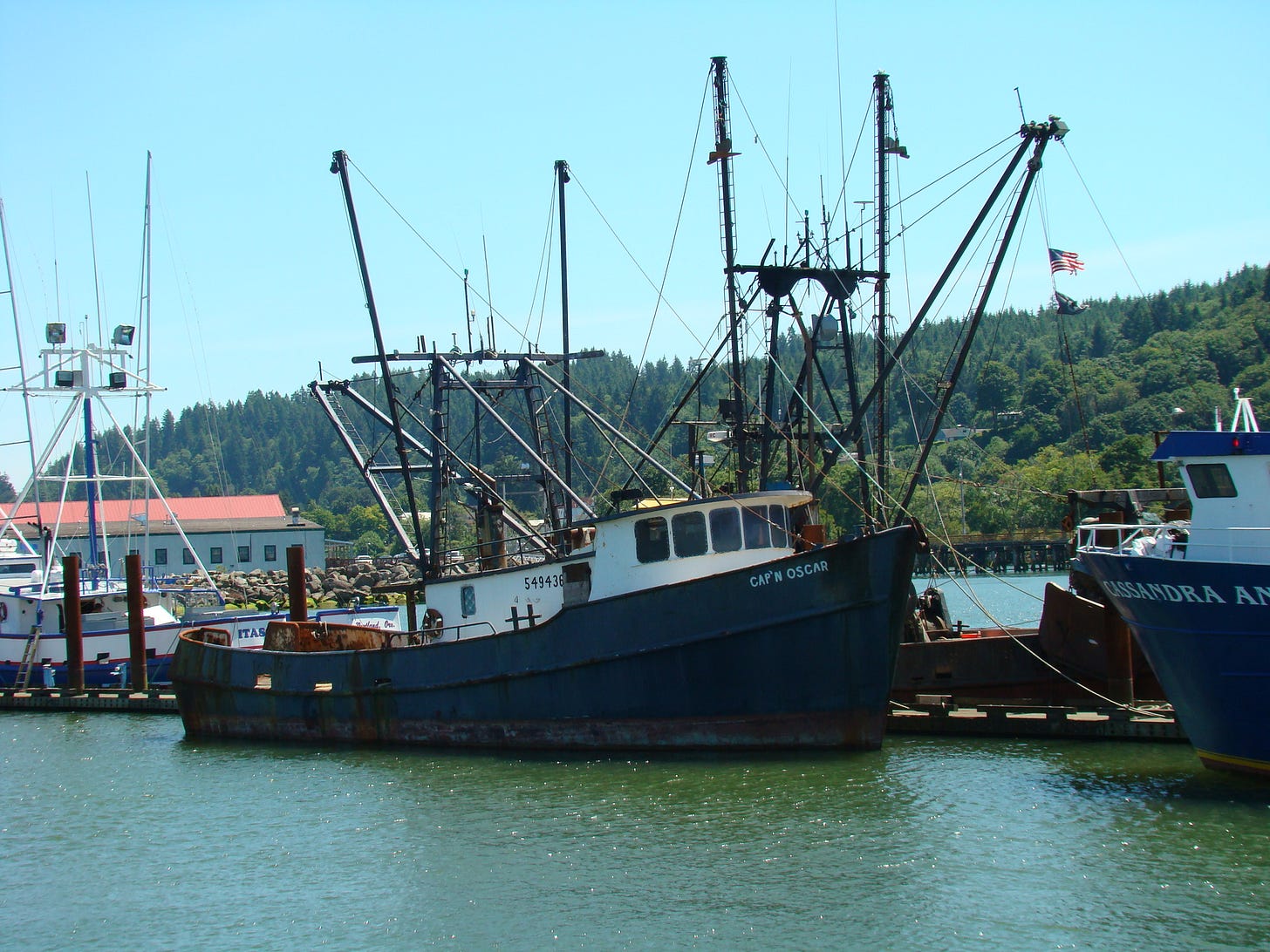Working In the Fish Cannery
Many types of jobs allow individuals to find fulfillment because of all the opportunities in America.
By Colleen K Pulley
I grew up in a home with a father who loved fishing. This meant the full spectrum of fish recipes were served at the dinner table. There are several types of fish I truly enjoy. I LOVE smoked salmon but detest baked salmon. I’m not a fan of catfish, but I love cod.
Usually when Dad returned from a long day of fishing, he would toss his catch on the counter, then head to the shower, and thereafter a long nap. Of course, this meant the cleanup in the kitchen was left to my mother and me and my sisters. The one thing that I disliked most about this was the fact that you smelled fishy when you were finished. Now fast forward:
When I was preparing to go to college I spent my summer working in a fish factory in Astoria, Oregon, before going to Portland, Oregon, to nursing school. I hated the idea of working in the cannery, but it paid several dollars more than the other jobs that were available in the town.
The fishing boats would come in with their catch of the day, and the blare of the alarm would signal the fish pouring down a conveyor belt, and onto the assembly line. The women at the front of the assembly line were the fastest filleters and got the best fish. The further done the line you were meant that you were the newest workers. I occupied that spot.
The plant manager pulled me in at the end of my first week and said I needed to improve my speed, or he’d have to let me go. I explained I was having a hard time, because I was left-handed, and was slow because I was trying to fillet right-handed.
Fortunately for me an experienced left-handed filleter from another cannery arrived that week. I stood next to her for two days, and suddenly everything made sense to me. The woman stayed for only two weeks, then took a job at the Bumble Bee Tuna cannery because they paid $3.00 more an hour.
Within days I was being moved up the line as my filleting speed increased. Two weeks before the end of summer, I was the fastest filleter and took the first spot on the assembly line, and the woman who had been filleting fish from 18 until 45 silently stepped aside and took the number two spot. At the time, I was grateful for that summer job in the American Cannery. It allowed me to pay for my school tuition that year as well as my room and board.
Over the years I have often thought of those women on the assembly line. I think about the men who were responsible for keeping the filleting knives sharp, and the machinery running, I think of the fishermen, and I think of their families. I think of other American families working hard to make America the great country that it is.
America has always been viewed as a land of opportunity. People from around the world have come to our land with the desire to achieve the American dream. Their stories are diverse, but they have one thing in common. In America everyone has a chance to succeed. A poor man’s son could be the person who finds a cure for cancer, or could be the next Einstein, or Elon Musk, or George Washington. In American there are no limits to what you can do.
Now let’s go back to that fish cannery in Astoria. One of the women had immigrated with her husband from Norway. Both worked in the cannery. She was a filleter, and he was a machinist.
Years later I read a news article about their anniversary. That one couple who came to America with a desire to achieve the American Dream was a testament to what America is. Their children and posterity became businessmen and women, teachers, nurses, doctors, chefs, inventors, and fathers and mothers. All were hardworking and proud Americans. Just something to think about… Until Later, Colleen
If you enjoyed this article, you can find more content like this under the Topic Categories link. We also look forward to our readers input, so please leave a “like” or a comment.





